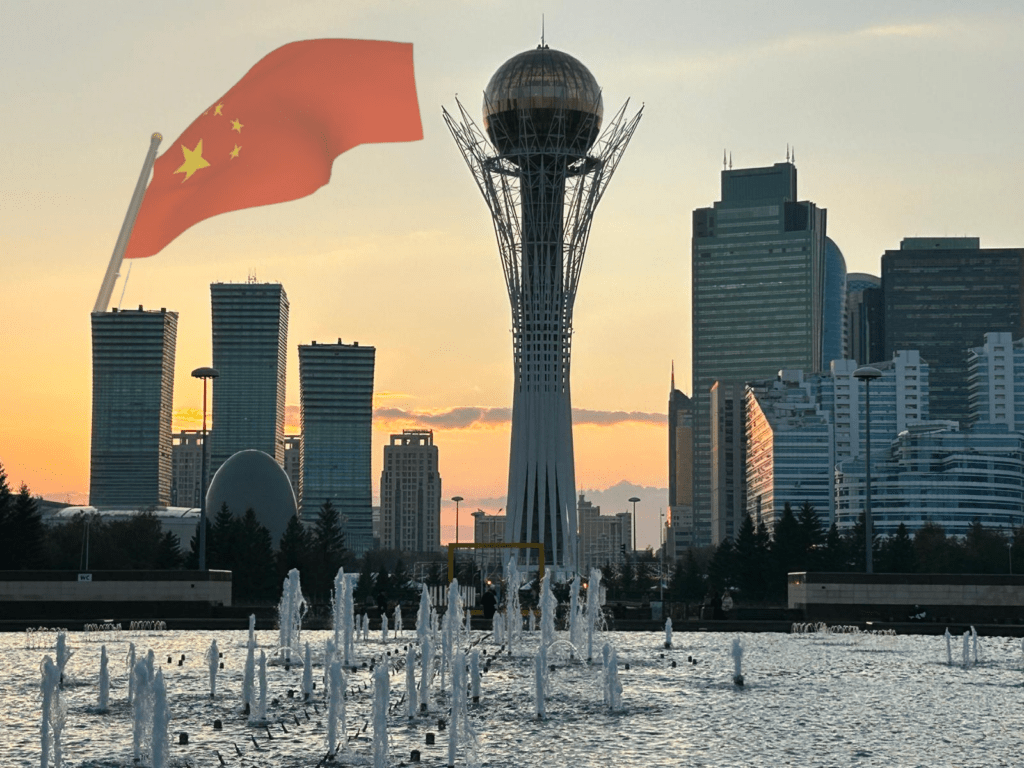Tajikistan has secured the top position among Central Asian countries in the World Economic Forum’s (WEF) annual Energy Transition Index (ETI). Ranking 71st out of 120 nations, Tajikistan achieved a score of 53.6.
This performance places Tajikistan ahead of its regional neighbors, including Kyrgyzstan, which ranked 80th with a score of 52.7, and Kazakhstan, which came in 98th with 50.1. Uzbekistan and Turkmenistan were not included in the ranking.
The ETI evaluates global energy systems based on two primary criteria: Energy system efficiency (60% weighting); and readiness for a sustainable energy transition (40% weighting).
Key factors influencing scores include energy affordability, sustainability, innovation, infrastructure, policy support, and investment activity.
While Tajikistan’s score of 53.6 was slightly below the global average of 56.5, it outperformed many other nations in Central Asia. Globally, Northern European countries dominated the rankings. Sweden led the index with 78.4 points, followed by Denmark (75.2) and Finland (74.5).
Among the Commonwealth of Independent States (CIS) and Caspian countries, Azerbaijan ranked highest, securing 38th place with a score of 60.3.
The Times of Central Asia previously reported on Tajikistan’s decision to rejoin Central Asia’s unified energy system. Originally established in 1960, the system interconnected the power networks of Uzbekistan, southern Kyrgyzstan, northern Tajikistan, and southern Kazakhstan’s Shymkent region. These systems were linked by 110- and 220-kilovolt power lines and operated independently of the Soviet Union’s central energy network.
Tajikistan’s leadership in the Energy Transition Index reflects its ongoing commitment to energy sustainability and regional collaboration.








